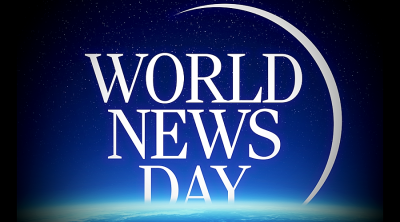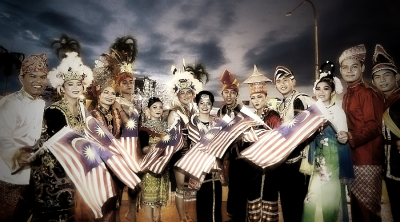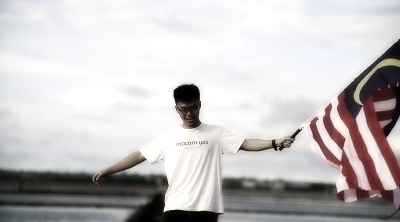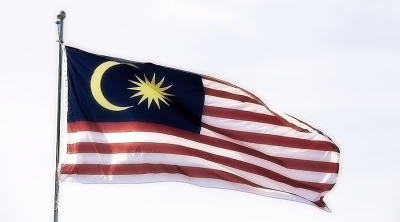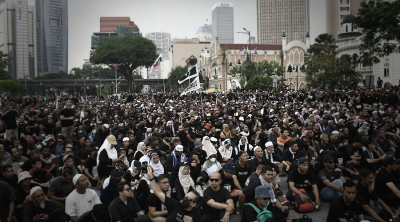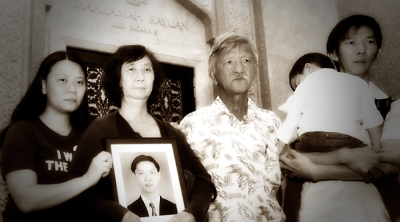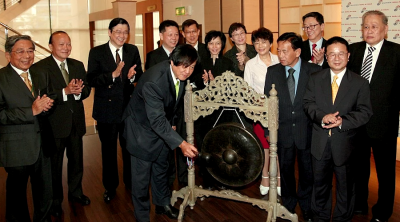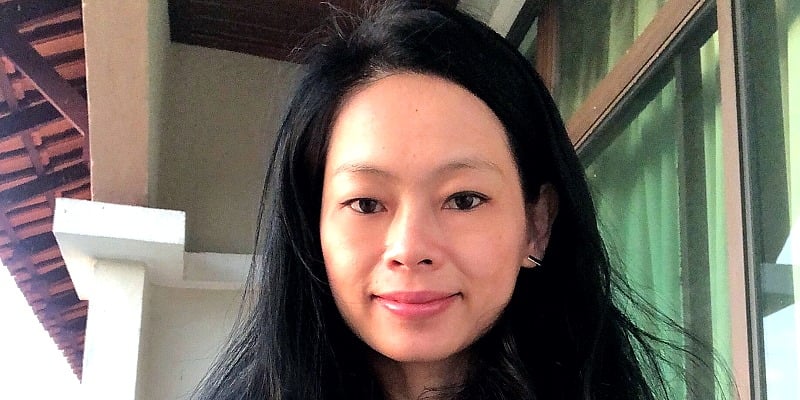
The coronavirus has triggered fear across the world, and it is worst felt in China itself as the main source of the public health crisis.
In a statement released on 5 February, the Cyberspace Administration of China (CAC) said it had set up supervision on platforms that include those run by microblogging service provider Sina Weibo, short video and news app operators ByteDance and Tencent Holdings, which owns the multipurpose app WeChat, also known as Weixin in Mainland China where it has more than 1 billion users.
The statement said that there was a need to tighten the social media platforms amid the coronavirus public health crisis in order to “create a good cyberspace environment to win the battle against the epidemic”.
Several social apps and blogger accounts have been removed, for instance, a social app called Pipi Gaoxiao.
It is also reported that some personal accounts have been shut down recently in WeChat, that is commonly also known to closely monitor user discussions so as to conform to government content restrictions.
The Chinese social network Douban also disabled its Diary feature that has served as a platform for some users to chronicle life under quarantine and lockdown.
The 1982 Constitution Law of the People’s Republic of China guarantees freedom of speech. However, the Chinese government often uses the clauses on “subversion of state power” and “protection of state secrets” in their law system to imprison dissidents.
When the National People’s Congress amended the country’s constitution to enshrine “Xi Jinping Thought” and remove the two-term limit on the presidency in March 2018, analysts have warned that Xi’s personalization of power could pose negative consequences for China’s future political stability.
Media censorship is often said to be the key to the popular support and stability of an authoritarian regime.
The repressive system of the China’s authoritarian regime under the ruling Chinese Communist Party (CCP) is no secret.
China is notoriously known as home to one of the world’s most restrictive media environments and its most sophisticated system of censorship with the technological advancement.
In the 2019 Freedom of the World Report released by the Freedom House, China scored 11 out of 100.
The report has three components. In the first component on freedom rating, China scores 6.5 out of 7. It scores 7 in the second component on political rights and third component on civil liberties at 6. The Freedom House rated 1 as Most Free while 7 is Least Free.
As 2017 Cybersecurity Law comes into effect on 1 June 2017, Internet censorship and surveillance reached new heights in China. The law requires companies to store Chinese users’ data in China and it opens up to potentially intrusive security reviews.
Various new measures being put in place that further restricting the online space that is already limited.
Apart from that, advancements in artificial intelligence and facial recognition technologies continued to be incorporated into China’s information control and public surveillance on its people.
Since the outbreak of coronavirus, there have been increasing debates on how China’s media censorship and surveillance impact the lives of people amid a public health crisis that has gone beyond border.
Grief and rage against the government poured onto social media following the death of Li Wenliang, known as the “whistleblower doctor” who first alerted the people about coronavirus in a document on 30 December last year but was later detained and silenced by the police under the accusation of false rumors.
As the outrage increases, the Chinese government in Beijing turned to tighten the media censorship.
The coronavirus outbreak teaches all governments in the world a lesson, the danger of withholding information from the public. It is undeniable that there is a challenge to counter misinformation on Chinese social media and the authorities certainly have legitimate reasons to counter such information that can cause public panic and fear.
But all of us would agree that the approach has been flawed and that has unfortunately worsened the situation.
Reflecting this, transparency about the coronavirus and efforts to combat it will be critical to reducing its spread.
It has impacted populations around the world apart from China and all of us would definitely not want to see this situation to further pose threat to human life.
(Khoo Ying Hooi is Universiti Malaya Senior Lecturer.)
ADVERTISEMENT
ADVERTISEMENT






